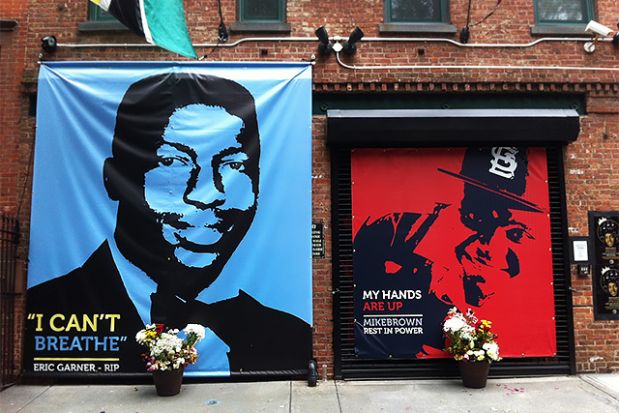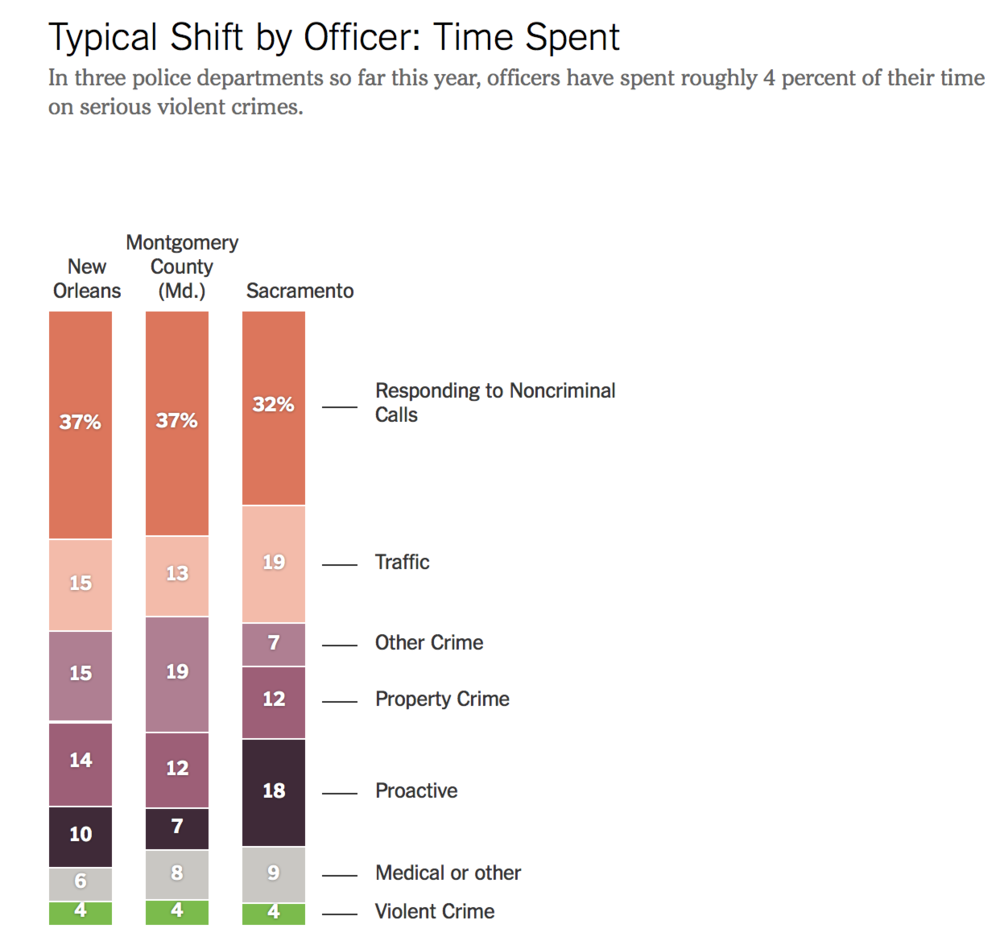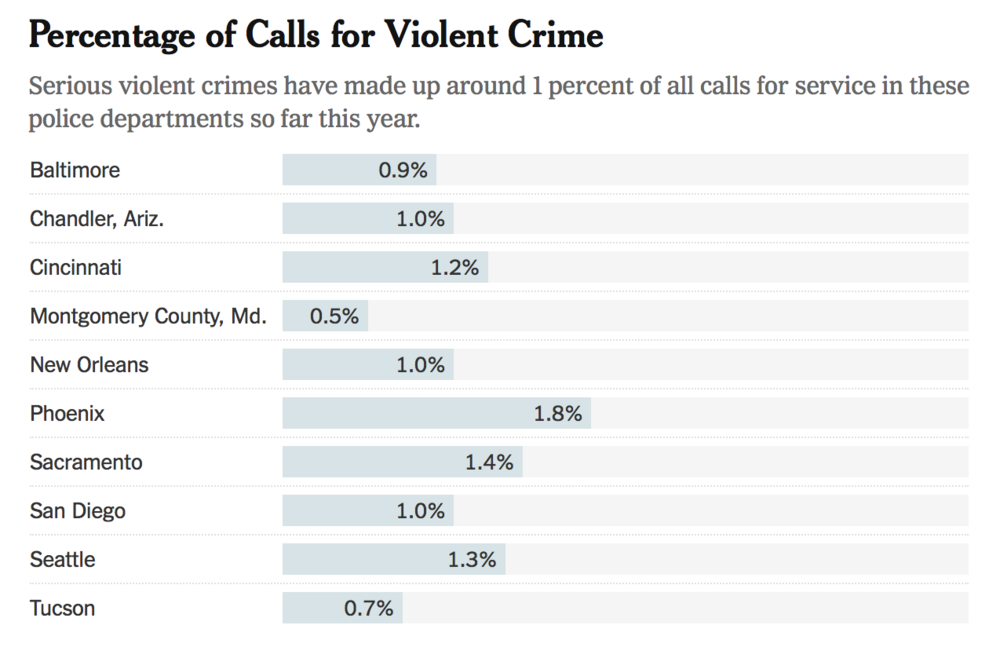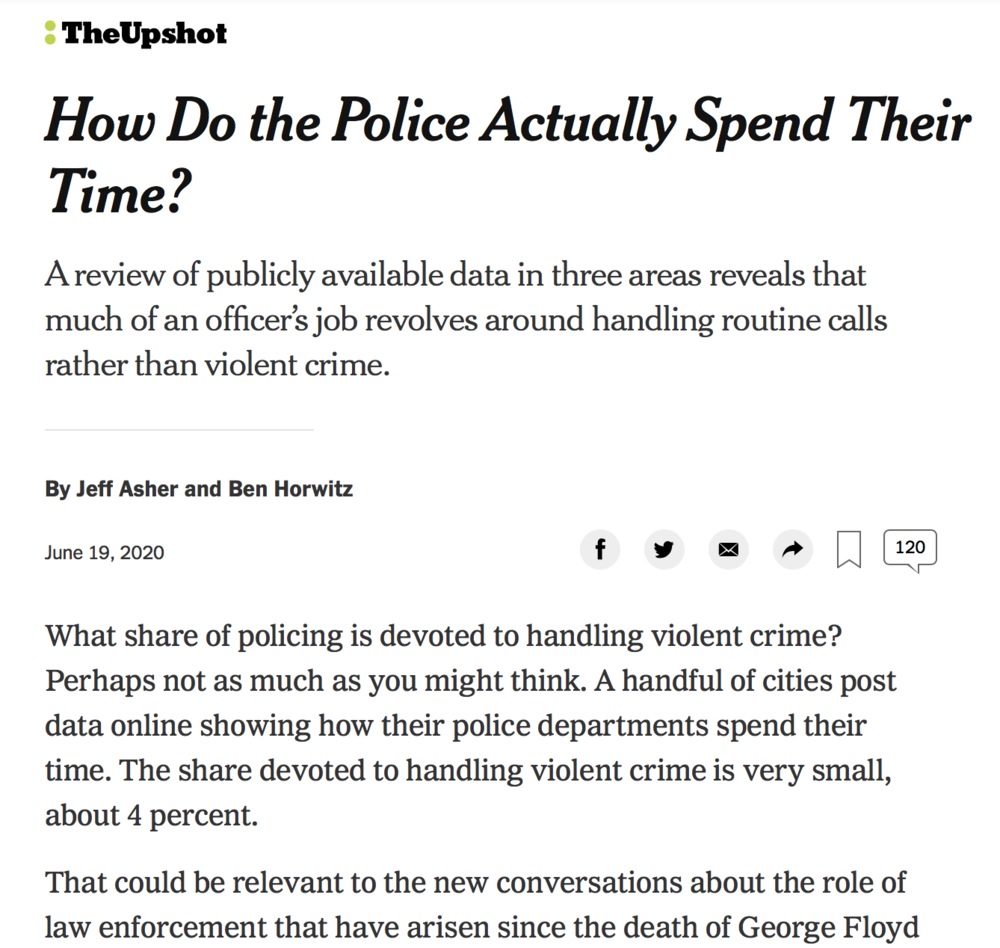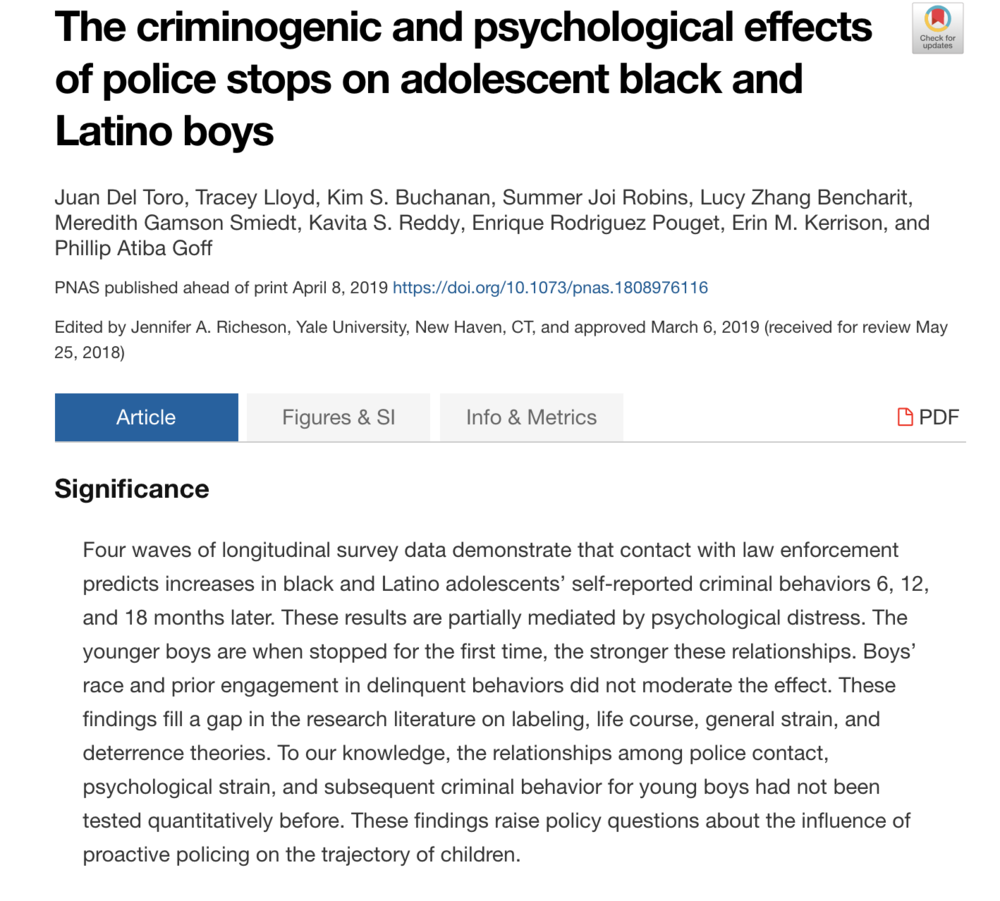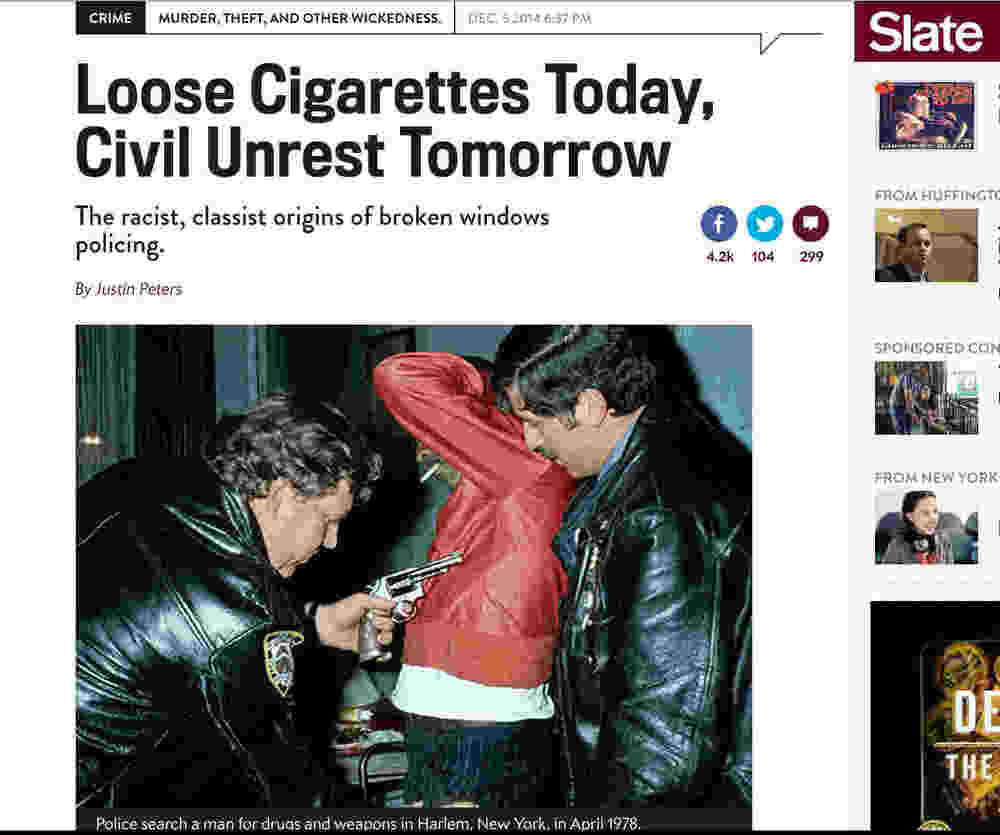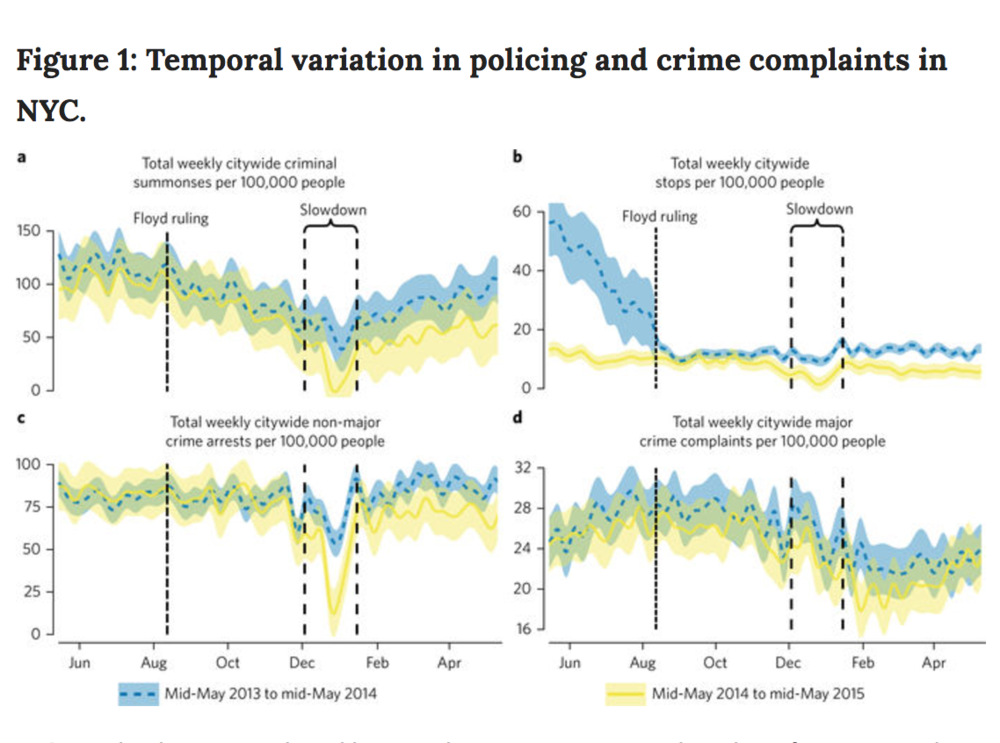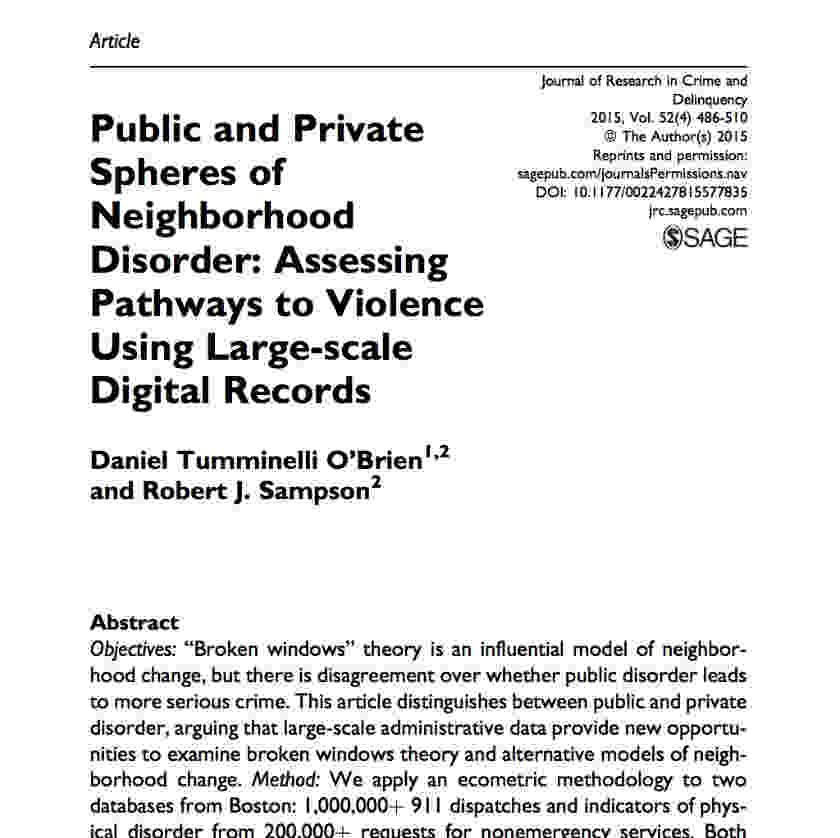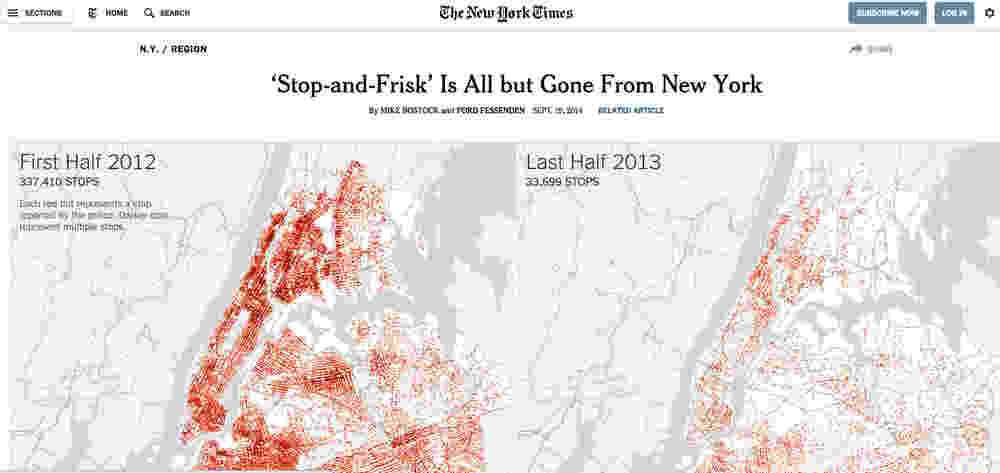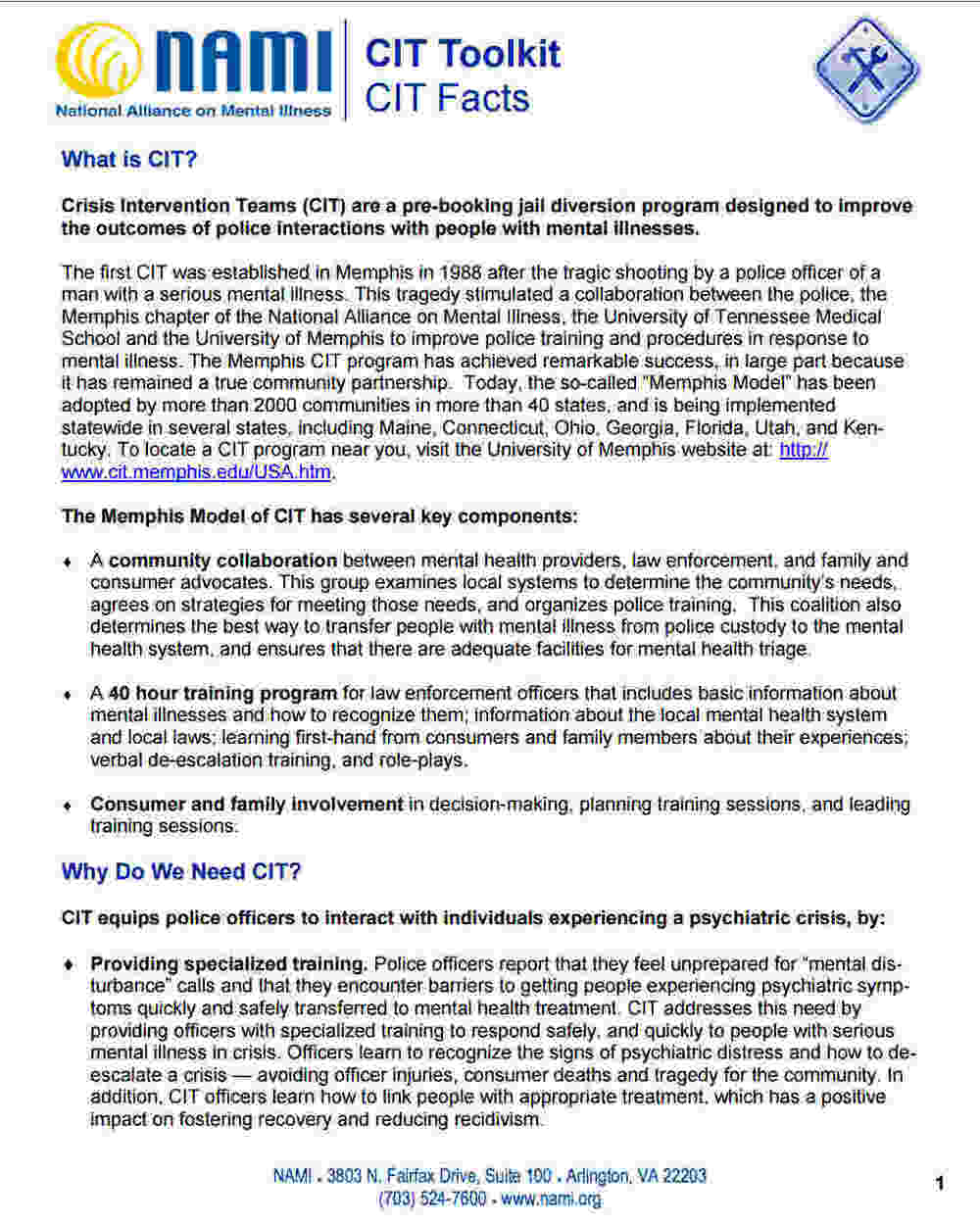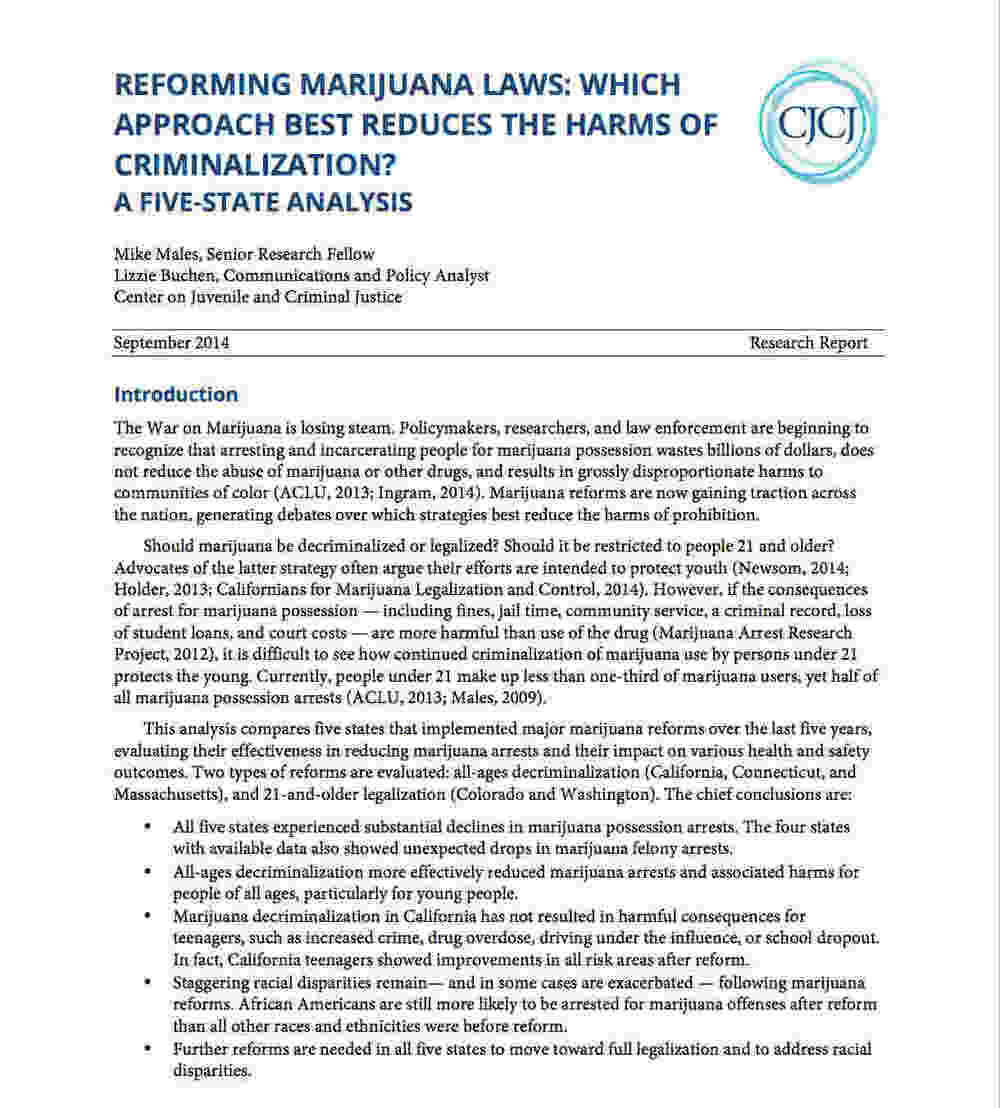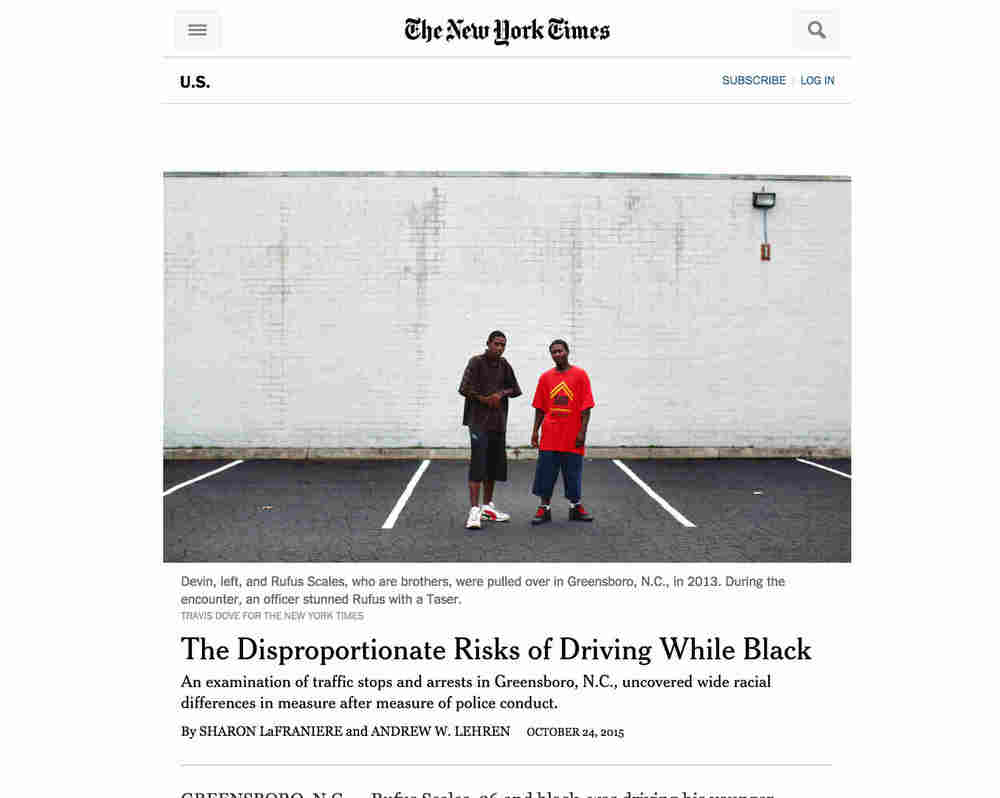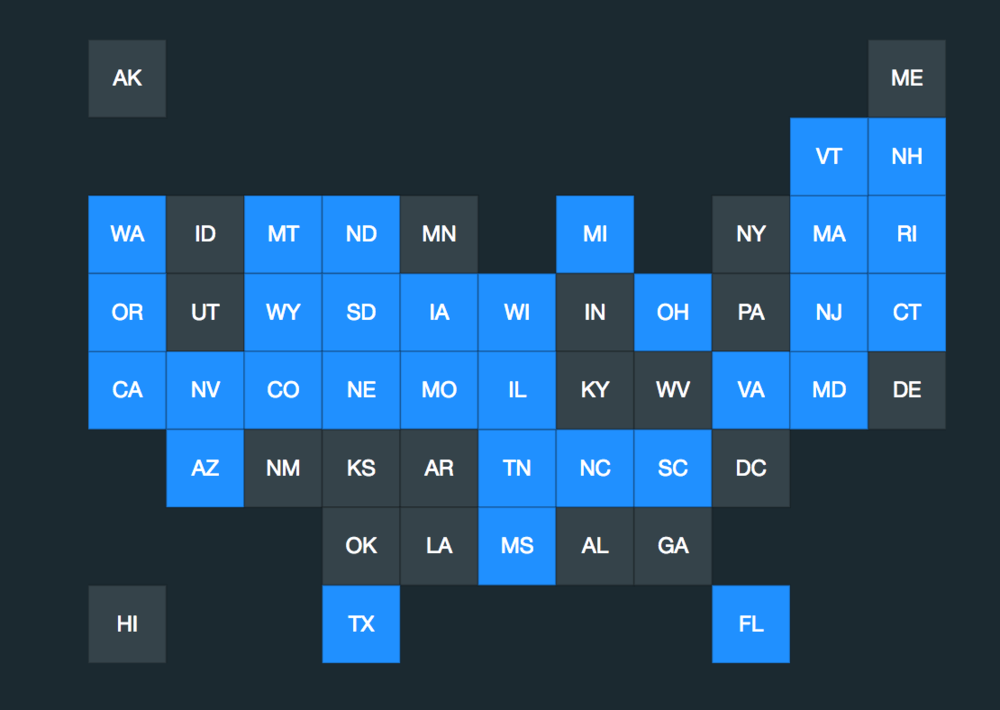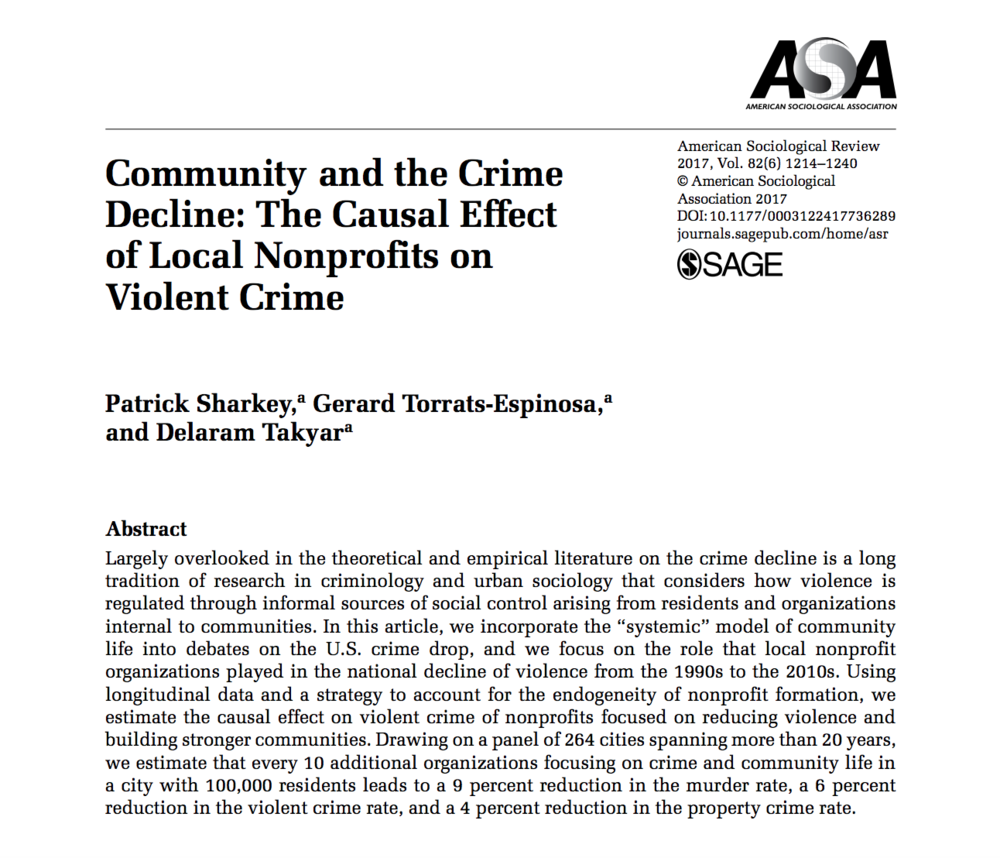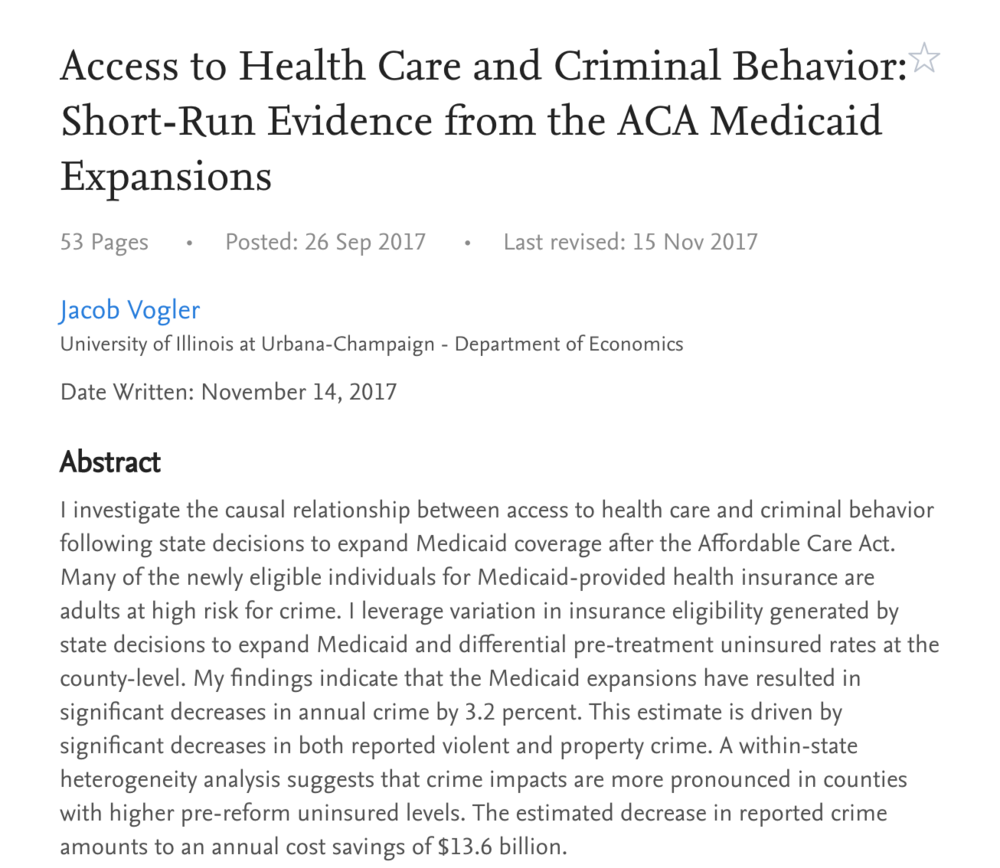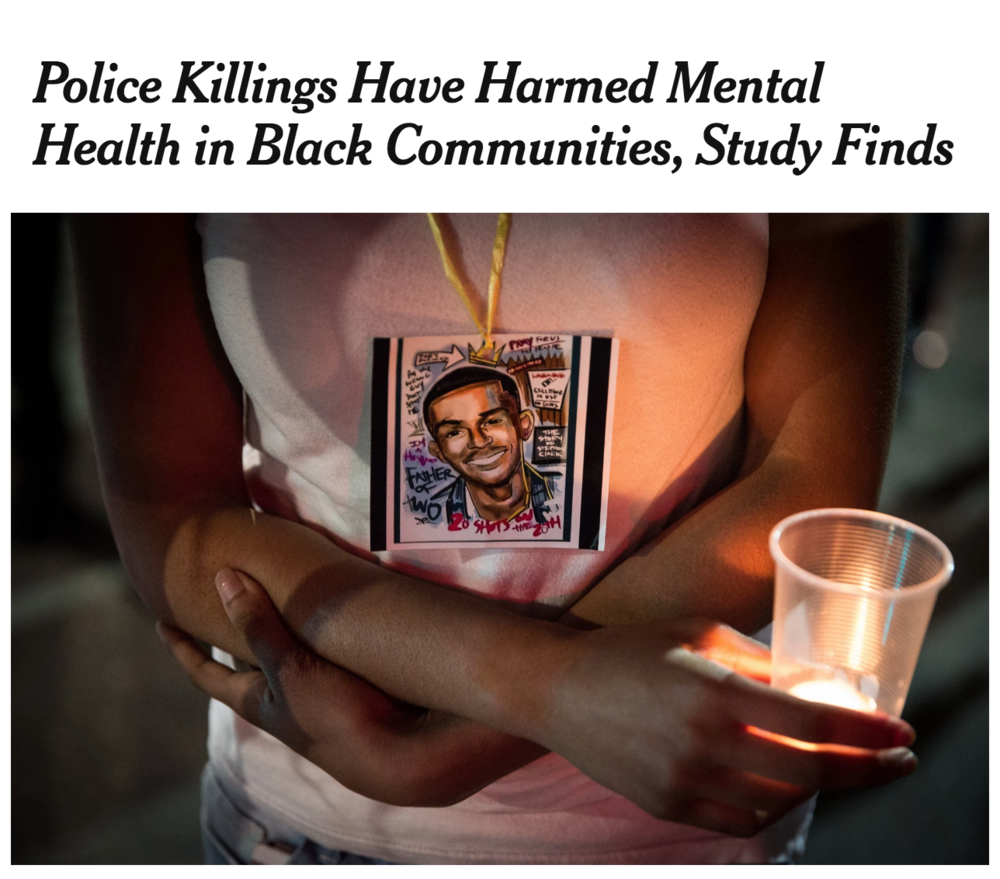A decades-long focus on policing minor crimes and activities - a practice called Broken Windows policing - has led to the criminalization and over-policing of communities of color and excessive force in otherwise harmless situations. Nationwide, only 5% of all arrests made in 2018 involved alleged violent crimes and only 4% of what police spend their time doing overall involves enforcing violent crime. Meanwhile, the vast majority of arrests are for low-level, non-violent activities in encounters that often escalate to deadly force. For example, in 2014, police killed at least 287 people who were involved in minor offenses and harmless activities like sleeping in parks, possessing drugs, looking "suspicious" or having a mental health crisis. These activities are often symptoms of underlying issues of drug addiction, homelessness, and mental illness which should be treated by healthcare professionals and social workers rather than the police.
policy solutions

End Policing of Minor "Broken Windows" Offenses
The following activities do not threaten public safety and are often used to police black communities. Decriminalize these activities or de-prioritize their enforcement:
-
Consumption of Alcohol on Streets
-
Marijuana Possession
-
Disorderly Conduct
-
Trespassing
-
Loitering
-
Disturbing the Peace (including Loud Music)
-
Spitting
-
Jaywalking
-
Bicycling on the Sidewalk
-
Prostitution
(Example: Respect State Marijuana Laws Act of 2015)

End Profiling and "Stop-and-Frisk"
Establish enforceable protections against profiling to prevent police from intervening in civilian lives for no reason other than the "suspicion" of their blackness or other aspects of their identity. This should include:
-
immigration status, age, housing status, sexual orientation, gender, gender identity, disability, HIV status, race, religion and national origin as protected groups
-
the right for people to seek court orders to stop police departments from profiling
-
bans on both intentional profiling and practices that have a disparate impact on protected groups
-
ban stops for "furtive" movements such as a reaching for waistband or acting nervous
-
ban stops for being in a high-crime area
-
ban stops for matching a generalized description of a suspect (i.e. black male ages 15-25)
-
require officers to establish objective justification for making a stop and to report every stop including location, race, gender, whether force was used and whether a firearm was found.
-
end the use of predictive policing technology, which uses systematically biased data to enhance police profiling of black people and communities
-
prohibit police departments from using resources to investigate, interrogate, detain, detect, report, or arrest persons for immigration enforcement purposes.
-
prohibit police departments from transferring an individual to federal immigration authorities for purposes of immigration enforcement.
-
prohibit officers from being placed under the supervision of federal agencies or deputized as special federal officers or special federal deputies.
(Examples: End Racial Profiling Act of 2015; NYC Community Safety Act; NYC Stop-and-Frisk Reforms; California Senate Bill 54)

Establish Alternative Approaches to Mental Health Crises
Mental health crises should not be excuses for heavy-handed police interventions and are best handled by mental health professionals. Establish and fund Mental Health Response Teams to respond to crisis situations. These approaches have been proven to reduce police use of force in these situations by nearly 40 percent and should include:
-
establish a team of mental health professionals, social workers and/or crisis counselors to send as first responders to calls involving mental health crises, such as the CAHOOTS model implemented in Eugene, OR.
-
involvement of this multidisciplinary team in planning, implementation and response to crises
(Example: CRISES Act in California)
Read the Research Below to Learn More About This Issue:
